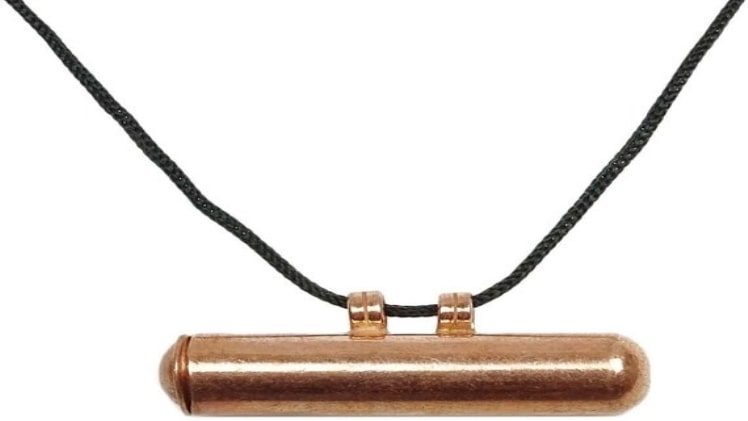On Fridays, a street is blocked and a market is set up. The traders are guarded by heavily armed policemen. A small trader stands with one hand clasped with that of another for protection from devils and evil spirits. The trader takes out a piece of paper and writes something on it: For good luck, an escape from carjacking or kidnap; against backache; health of a new child or healthy pregnancy—at these moments it becomes clear what matters most greatly to this person and why they need protection.
Ivory Coast’s Christians have their own beliefs in benevolent spirits, called Man-Tenkou ; Sudanese Sufis observe the same practice as Niger’s zhourra people who bind angels on tree branches that they carry with them at all times.Religious traditions in Africa are diverse and complex; the members of one ethnic group or religious sect are often not familiar with the traditions of another. This is important to recognize when researching African cultures so that one does not misinterpret what a person means by some religious or spiritual tradition.
A taweez or talisman for many people is a charm with Arabic words or symbols written on it. This can be used to bring good luck. But this tradition may not be as ancient as some people might believe. In Niger and a number of other places, Muslims may wear this taweez in quran order to avoid poverty and gain wealth. That is why Talismans-taweez have become popular objects in Muslim communities in Niger.
The people of Niger have embraced the solonvet talismans to change their fortunes because it is supposed to bring supernatural aid.Superstitions, like talisman usage are alive in the modern world and no citizen is immune to them. In Niger, 78% of adults believe in supernatural stuffs.It may be a good and bad thing but for many people superstition has enabled them to feel like they have an avenue for hope when other outlets seem inaccessible.
A taweez will have verses of the Quran inscribed on it, which can also be found in books containing religious texts. And it has to be so by the ancient rules – the mention of taweez in Quran, means that the holy book can be used for their creation. -Some taweez are also called majahij or lasunahasana.In the Islamic faith, Muslims use talismans to ward off evil spirits and demons that can obstruct holistic well-being. Therefore, they have employed taweez or carved his name or image on a gemstone. The taweez are made of different materials and have a wide variety of usage around them.
Normally, taweez are to be hanged with wrists or hips in order to absorb the sleeper’s spiritual ailment, but these talismans also serve other purposes such as trapping enemies or increasing your wealth by entrancing mystical planets. Taweez practices in Niger focus on wealth control and gaining political power by invoking Allah’s love as well as countering poverty tendencies.
Some talismans are mineral based, dseklms such as black or dark green stones or rocks whose color or dark surfaces suggest an ominous character with protective value. Others are plant based – usually fast-growing trees. The leaves of local plants are boiled and dried to produce charms meant primarily to ward off evil forces like snakes if they are carried on the person.If you have collected these materials at a fortunate time of the year (especially a Friday), they may be more powerful than their counterparts from other times of the year. This is why Friday has often been considered a day with special powers.
In Nigeria, some people are against these superstations which are often regarded by them as hindering progress. They feel being too dependent on these has led to a reducted growth of its economy because it is passed down from generation to generation. Alongside the mystical aspect, the taweez that are worn today have monetary values attached to them as well. They are symbols of power and wealth for those who believe that through offerings poverty cannot be averted septuplets mccaughey father died.

